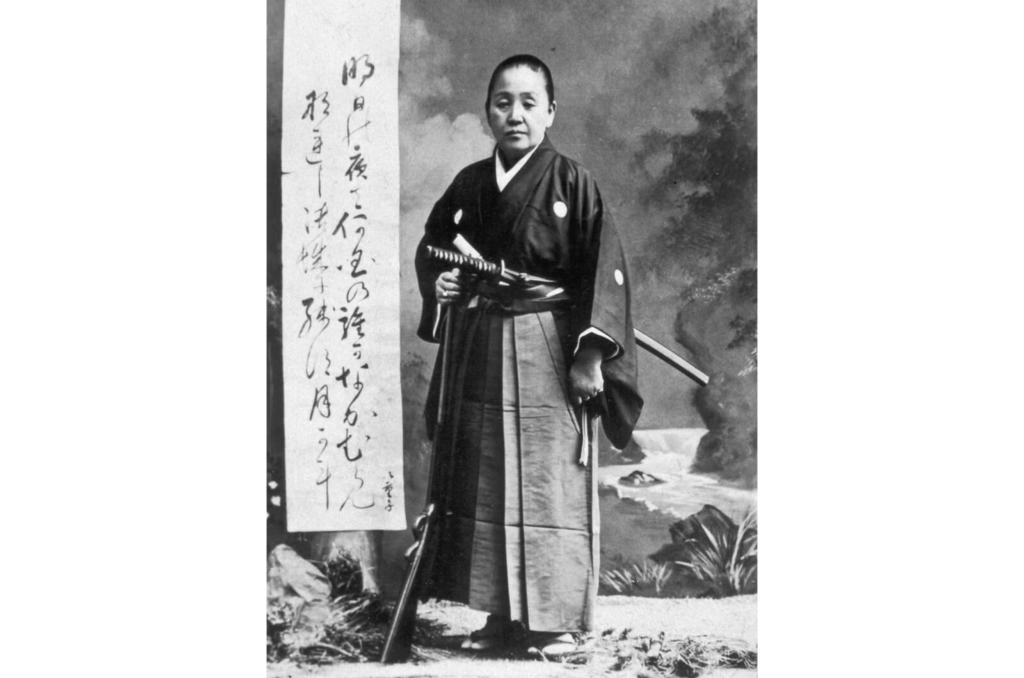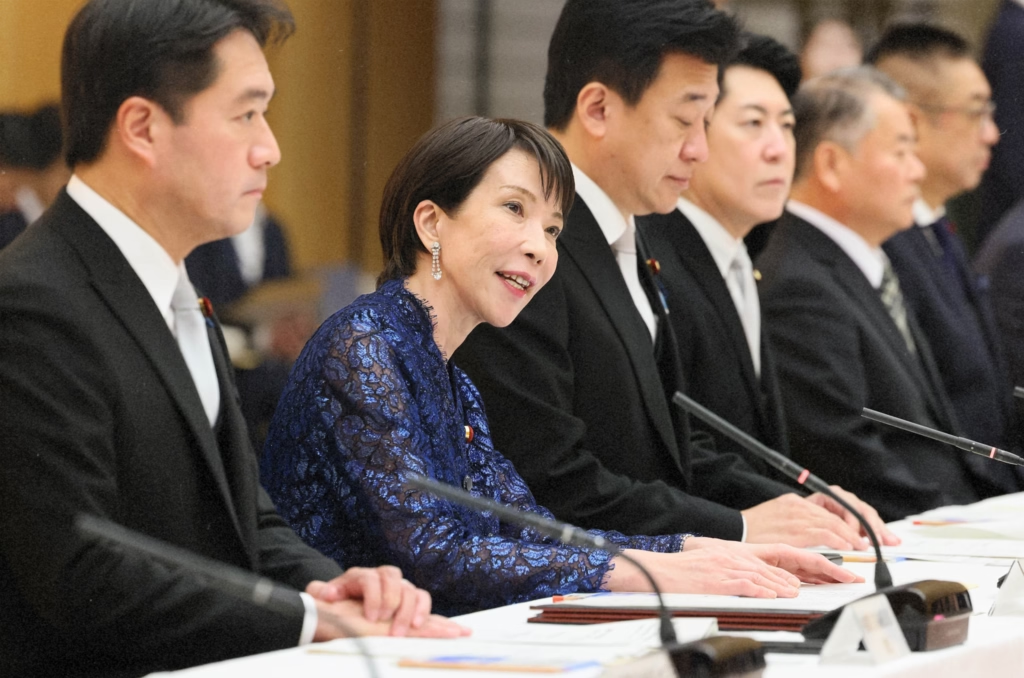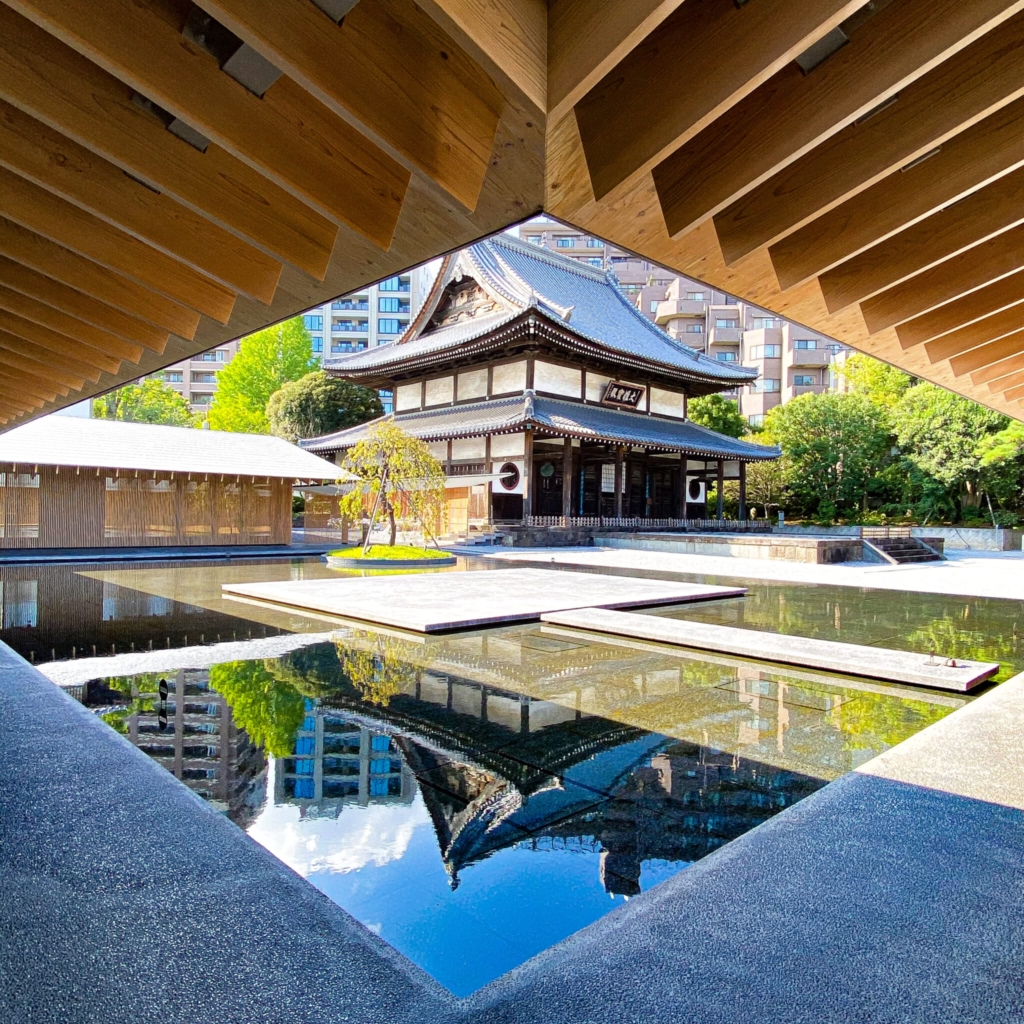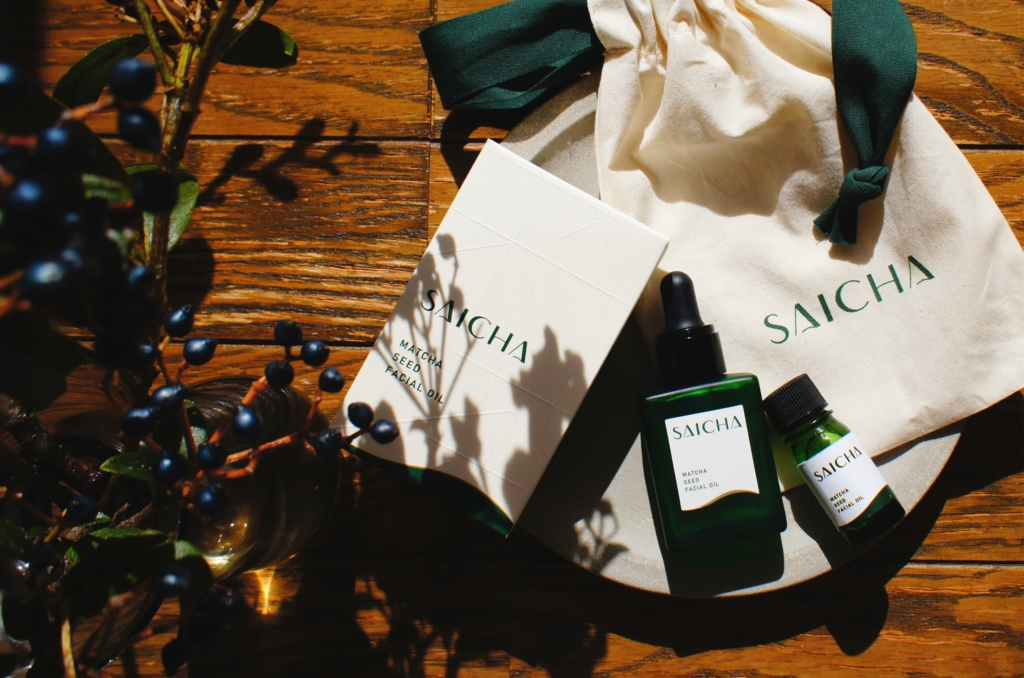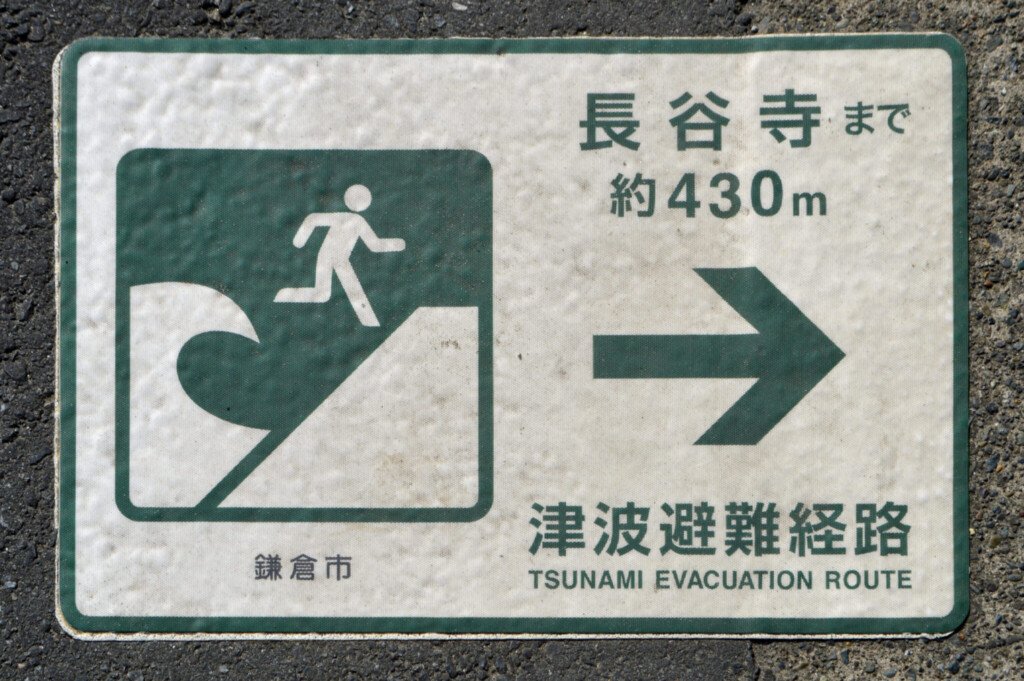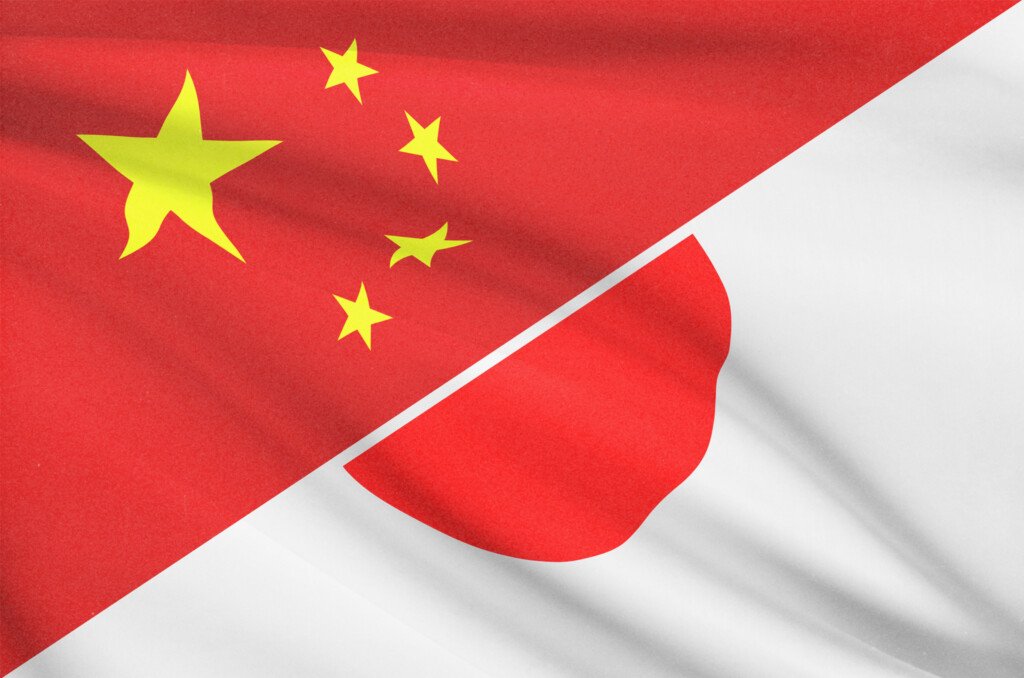How to get free sanitary pads in Japan

According to statistics, more than 2 billion people menstruate every month around the world UN Women. While menstruation is a common norm for many, for others it is a source of expense, anxiety, inequality and shame.
There is still a lot of stigma surrounding menstruation in Japan, as many people view it as a taboo subject. When buying sanitary products in Japanese pharmacies or supermarkets, staff often wrap them in brown paper bags out of courtesy because they think it is embarrassing for customers to carry the product.
“Menstruation has always been ignored in our society. It would be great if we could become a society where people could speak out about how to make menstruation more comfortable.” explain Chikako Nagai, brand manager of Unicharm, Japan’s largest hygiene products manufacturer. She also launched the #NoBagForMe social media campaign to reduce period stigma.
In addition to social stigma, menstrual products are prohibitively expensive for many people. Often referred to as “period poverty,” this lack of transportation and economic disparity disrupts daily life at school and work and creates significant gender gaps in the health and health care of girls, women, and people who menstruate.
Even for those who can To obtain menstrual products, in an emergency, people either run to the pharmacy or awkwardly search for someone who has a spare.
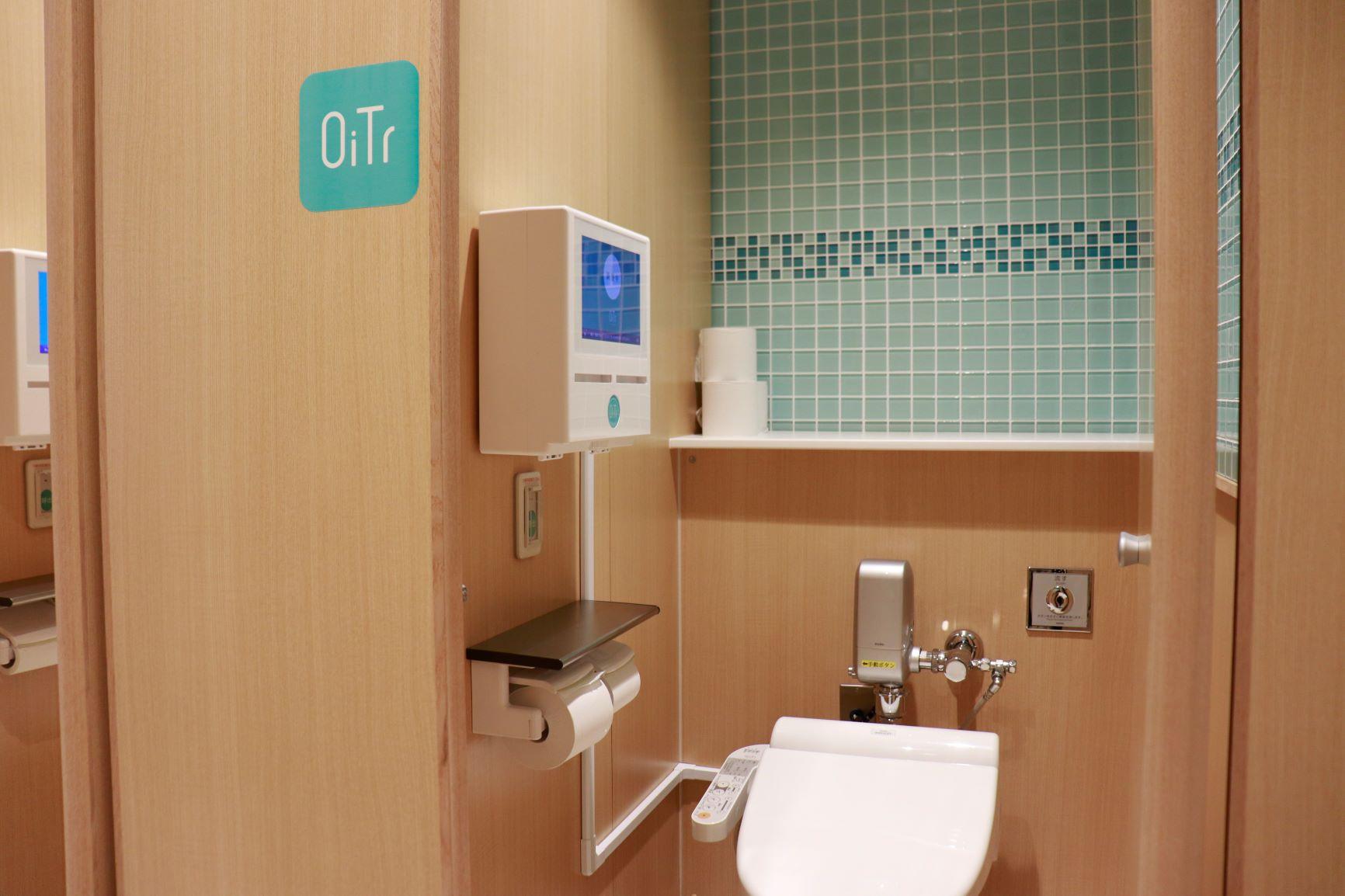
OiTr provides solutions
HITR This is a service that fights period poverty and stigma in Japan, easing the burden of menstruation by providing free sanitary napkins in department stores, schools, city halls and other public facilities.
Since the project started in 2020, 3,092 OiTr machines have been installed in 251 facilities across Japan, covering all eight regions in Japan. More than 1 million people have installed the app.
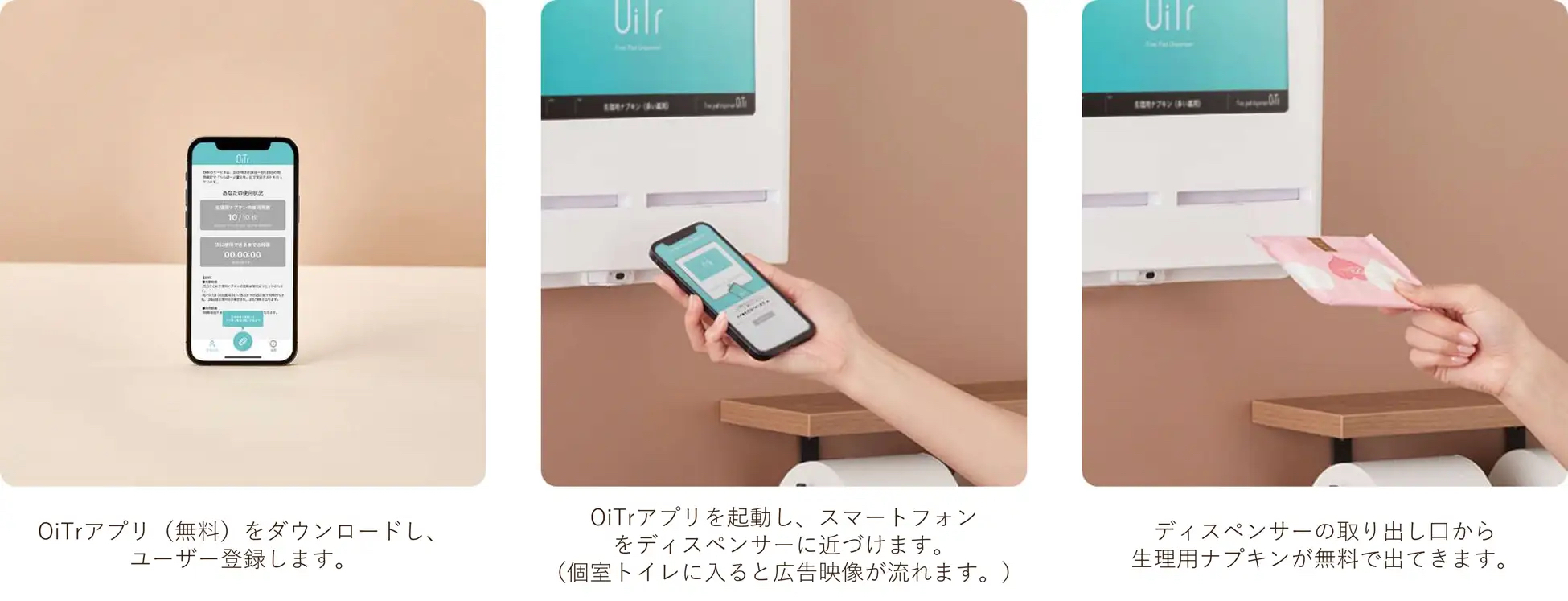

how it works
OiTr is very easy to use:
- Users download the free OiTr app.
- They then used their smartphones to click on machines in participating restrooms.
- OiTr machines dispense sanitary napkins for free.
After signing up for a free account, users can get another pad every two hours, which is the recommended time gynecologists recommend people change their pads. The machines are located within the stalls to maintain privacy and avoid social stigma.
MAT and operating costs are covered by advertising revenue. OiTr uses the screens on its machines as an advertising opportunity for sponsoring companies. When sanitary napkins are distributed, a brief silent advertisement plays in the stall. Not only are companies able to pinpoint ads in high-occupancy spaces within restrooms, but they are also able to expand their social reach.
Partners include Laurier, Warner Music Japan, Irohaofficial document, etc.
Where to find OiTr
Sophia University is one of several universities that has partnered with the company to provide free menstrual products to students.
“I hope this will not only allow menstruating students to live a comfortable college life, but also allow more people, including non-menstruating students, to have the opportunity to understand ‘menstrual poverty’ and ‘menstrual taboos.'” , Business and Industry said He Jiayi, a third-year management student and association member. Sofia’s gender equality Extracurricular groups.
Waseda University, Keio University, Tokyo Institute of Technology, and Tokyo Institute of Technology are some of the other reputable educational institutions in Tokyo that offer OiTr services.
However, these services are not limited to schools. OiTr has sales points in buildings across the city, putting free sanitary products at your fingertips. Public libraries, museums, town halls, district offices, community centers and shopping malls have partnered with OiTr.
full list OiTr service locations and machine locations near you, visit the company’s website.
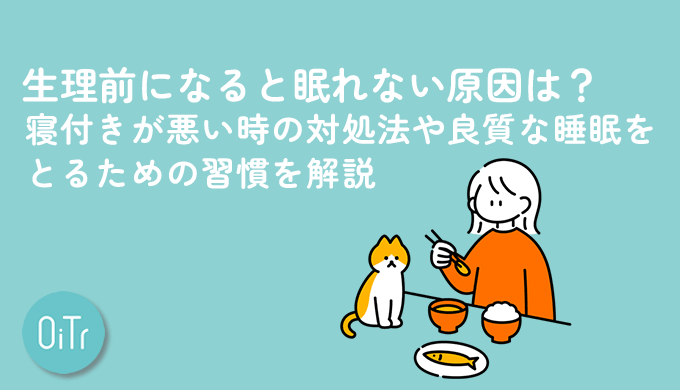

As well as the pad dispenser system, OiTr offers further help with a menstrual calendar and blog, which features articles on health, relationships, sexuality and advice straight from your doctor, all available within the app.


 Anal Beads
Anal Beads Anal Vibrators
Anal Vibrators Butt Plugs
Butt Plugs Prostate Massagers
Prostate Massagers
 Alien Dildos
Alien Dildos Realistic Dildos
Realistic Dildos
 Kegel Exercisers & Balls
Kegel Exercisers & Balls Classic Vibrating Eggs
Classic Vibrating Eggs Remote Vibrating Eggs
Remote Vibrating Eggs Vibrating Bullets
Vibrating Bullets
 Bullet Vibrators
Bullet Vibrators Classic Vibrators
Classic Vibrators Clitoral Vibrators
Clitoral Vibrators G-Spot Vibrators
G-Spot Vibrators Massage Wand Vibrators
Massage Wand Vibrators Rabbit Vibrators
Rabbit Vibrators Remote Vibrators
Remote Vibrators
 Pocket Stroker & Pussy Masturbators
Pocket Stroker & Pussy Masturbators Vibrating Masturbators
Vibrating Masturbators
 Cock Rings
Cock Rings Penis Pumps
Penis Pumps
 Wearable Vibrators
Wearable Vibrators Blindfolds, Masks & Gags
Blindfolds, Masks & Gags Bondage Kits
Bondage Kits Bondage Wear & Fetish Clothing
Bondage Wear & Fetish Clothing Restraints & Handcuffs
Restraints & Handcuffs Sex Swings
Sex Swings Ticklers, Paddles & Whips
Ticklers, Paddles & Whips







